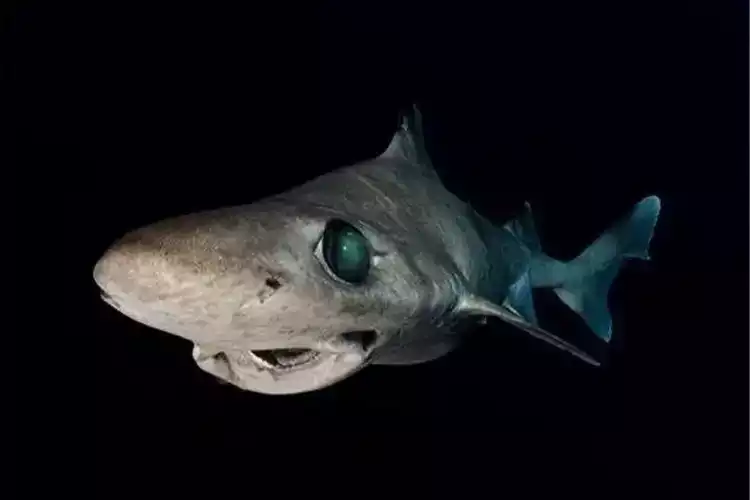Public pushback grows against Muizzu’s decision to resume gulper shark fishing
A survey reveals 77 percent of Maldivians oppose the resumption of gulper shark fishing


Maldives gulper shark populations were decimated by overfishing
President Dr. Mohamed Muizzu’s controversial decision to allow gulper shark fishing from November 1 has sparked widespread public opposition, with a new national survey revealing a strong majority of Maldivians rejecting the move.
The survey, conducted by the Blue Marine Foundation in partnership with Maldives Resilient Reefs and the Maldivian Manta Ray Project, found that 77 percent of respondents oppose the resumption of gulper shark fishing. In addition to this, 61 percent of participants were aware that the Maldives is one of only 17 designated shark sanctuaries globally, an internationally recognized status the country stands to lose if shark fishing resumes.
The Maldives banned all forms of shark fishing in 2010, establishing itself as a leader in marine conservation. Reversing this policy not only threatens one of the country’s most significant environmental achievements but also undermines its international commitments under CITES (the Convention on International Trade in Endangered Species of Wild Fauna and Flora).
Environmental organizations warn that reintroducing gulper shark fishing would have severe ecological, economic, and reputational consequences. The targeted species, also known as the gulper shark, is listed as endangered on the IUCN Red List and is one of the slowest-growing sharks in the world, making it extremely vulnerable to overfishing. Historical data underscores this risk: between 1982 and 2002, the population of gulper sharks in Maldivian waters plummeted by 97 percent, and the fishery had all but ceased by the mid-1990s.
The primary incentive for targeting gulper sharks is the commercial value of their liver oil, which contains squalene, a compound widely used in cosmetics and pharmaceuticals. However, this economic interest comes at a high cost, particularly for a tourism-driven nation like the Maldives, where shark-related marine tourism generates substantial revenue. Resuming shark fishing could damage the country's image as a sustainable tourism destination and disrupt an industry that relies heavily on a healthy marine ecosystem.
In response to the policy shift, conservation groups have launched renewed campaigns urging the government to reverse its decision. They have also called on the international community to support the “OnlyOne” petition, a global initiative aimed at safeguarding marine biodiversity. A similar petition in 2024 successfully halted the introduction of longline fishing after more than 30,000 people voiced their opposition.
The Muizzu administration’s decision to reopen shark fishing not only defies public sentiment but also risks undoing decades of progress in marine conservation. Critics argue that the government is prioritizing short-term economic interests over long-term environmental sustainability, an approach that could prove costly on multiple fronts.






